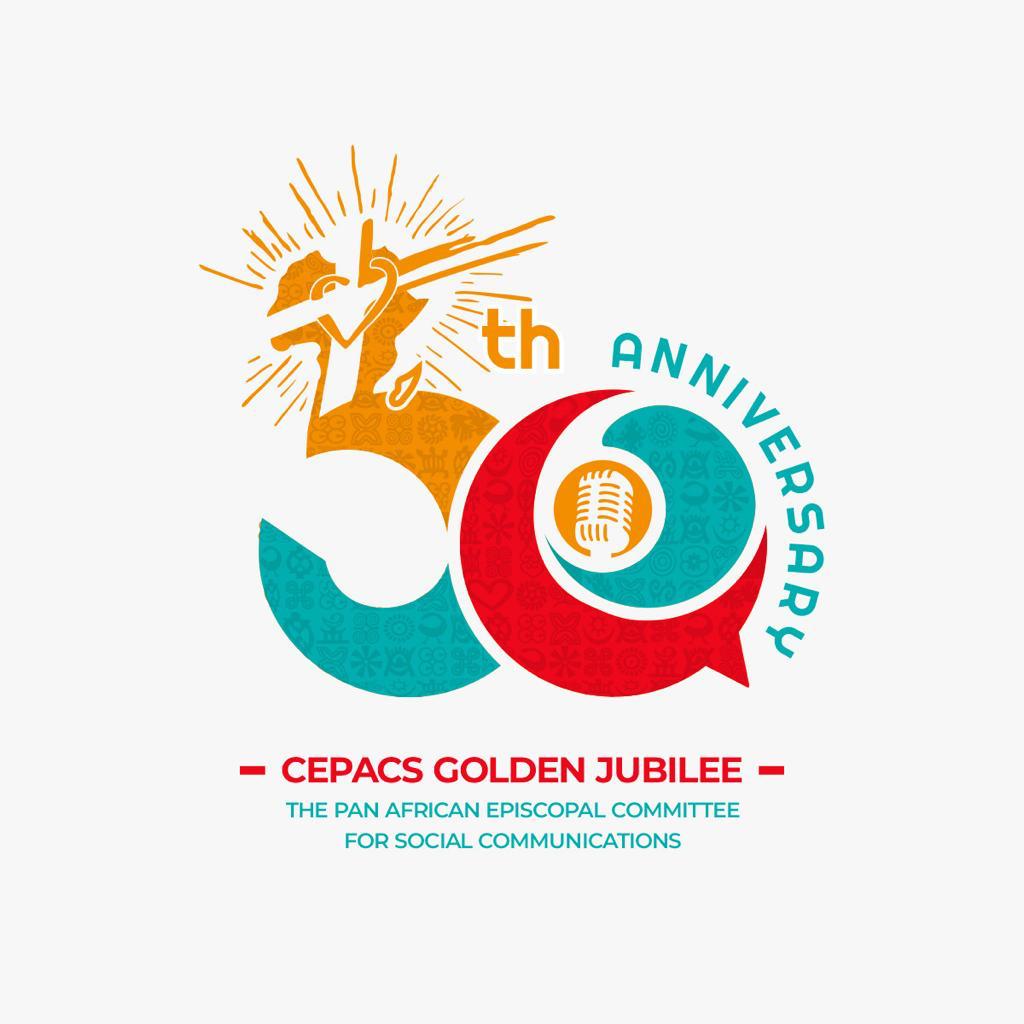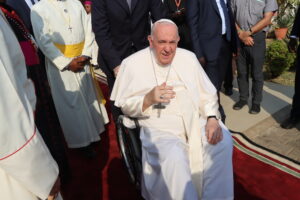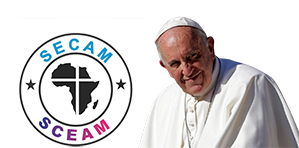SECAM: After CEPACS Golden Jubilee, Officials Recommend Established Structures “Rooted in Divine Mission of Evangelization and Communication”

Sr. Jecinter Antoinette Okoth, FSSA
Following the recent 50th anniversary of the Pan African Episcopal Committee for Social Communications (CEPACS), which took place in Lagos, Nigeria, from 18-21st November, an assembly of the Committee’s membership and Church communication experts who gathered for the occasion have recommended a proactive response to the need for established structures to help the African continent have clear guidelines on CEPACS’ operations which and facilitate communion among the regions that comprise the Symposium of Episcopal Conferences of Africa and Madagascar (SECAM).
In a statement shared with AMECEA Online Saturday, December 2, officials of CEPACS highlighted the need for operational structures for the African Church to realize the role of social communication in deepening the faith and advancing the spirit of synodality.
“The Catholic Church in Africa requires a structure deeply rooted in the divine mission of evangelization and communication that should coexist with a collective journey to build a synodal Church that sufficiently integrates the Gospel message into the ‘new culture’ created by modern communications,” reads part of the Saturday message.
The statement co-signed by CEPACS President Bishop Emmanuel Adetoyese Badejo of Oyo Diocese, Nigeria, and Fr. Andrew Kaufa, the Social Communications Coordinator for the Association of Member Episcopal Conferences in Eastern Africa (AMECEA) who was Coordinator of the organizing team of the Golden Jubilee celebration, pointed out that CEPACS structure will help “facilitate engagement in a collective communication and journeying together in the spirit of the Synod on Synodality, as well as grow together at the diocesan, national, regional, continental and universal levels.”
The officials noted that since the Church including the regional and national conferences faces new and numerous challenges including the rapid digital technological advancements, financing and coordination of efforts in responding to the external challenges, if not well-addressed the challenges “are capable of destabilizing and even threatening the values we stand for.”
Speaking on behalf of the over 80 participants who comprised Cardinals, Prelates, Priests, Religious, and regional officials of communication along with the local and foreign partners of the Symposium of Episcopal Conferences of Africa and Madagascar (SECAM), the lay communication experts and the Vatican’s Prefect of the Dicastery for Social Communications Dr Paolo Ruffini, Bishop Badejo and Fr. Kaufa underscored that CEPACS need to develop a robust “long-term strategic plan with full operational framework outlining, the structure and an organogram; operations principles, values and Theory of Change; definitive roles and place of the clergy, religious and lay communications experts in the Church as well as better ways for collaboration and partnership.”
According to the statement, the participants recommended to SECAM’s Standing Committee to increase visibility and enhance awareness of CEPACS’ mission, vision, and objectives at all levels of the Church in the continent through the regional national conferences, and Ecclesial communities, form and build the capacity of CEPACS continental Committee and define its relationship with the regional and national Episcopal conferences for the future, at the same time design and revive the regional communication structures and rekindle the interest and commitment of Bishops of the various conferences in Africa.
Other highlighted recommendations include championing the “ethical discourse in traditional, modern, and contemporary Communication, especially in new media initiatives like artificial intelligence in relevant circles; and to convene and hold further sessions (physical or virtual) with the regional bodies’ teams of social communication in devising how these resolutions could be moved forward.”
Held under the theme; “CEPACS at 50: Towards Promoting a Synodal Church in Africa through Social Communications,” CEPACS officials gave recommendations to various partners as a way forward to achieve the identified concerns.
To the bishops in Africa through the regional and national conferences, speakers and participants at the assembly call for prioritization of specialized training for media personnel to enable the Gospel message get everywhere as well as receive a positive reception. At the same time the conferences to facilitate the adoption of appropriate digital media use as a platform for evangelizing particularly the younger generation who use online applications most of the time.
They further recommend the deliberate development of social communications strategies and approaches and encourage Dioceses to apply them in empowering all ecclesial groups. Besides, conferences have been asked to “advance innovative ways of using social communication and media in addressing contemporary challenges that the Church faces and building an understanding among the faithful to respond to such with confidence and humility.”
To the continental body of SECAM, the gathering appeal that they facilitate sharing of the outcome of the CEPACS session with and encourage all the Bishops and Superiors to invest in both human and material resources to effectively create a media field of evangelizers capable of influencing the environment and culture of modern times.
SECAM is also expected to advance “collaboration with other international communication church bodies across the continent, in particular SIGNIS and UCAP (African Catholic Union of the Press), for learning and broad use of social communication in addressing common issues facing the church of Christ, strengthen the coordination of CEPACS at the Secretariat with defined working structures for ease of operations and implementation of the agreed areas of actions, and also design resource mobilization strategy for CEPACS to facilitate effectiveness and efficiency of Social Communications.”
Additionally, by learning from the regional associations of Catholic Bishops’ Conferences such as the Association of Member Episcopal Conferences of Eastern Africa (AMECEA) and the Catholic Bishops Conference of Nigeria, SECAM needs to “design and incorporate World Communication Day/ Week as CEPACS annual programme, whose activities will be part of a framework of raising awareness, doing media literacy campaign; and fundraising for communication activities.”
To the Vatican’s Dicastery for Social Communications, CEPACS officials have asked for continued collaboration with SECAM and other regional bodies to bring the synergies and the spirit of the Synodal church to reality; and to identify and facilitate learning spaces for CEPACS across the globe in areas of social communication in the Church.


